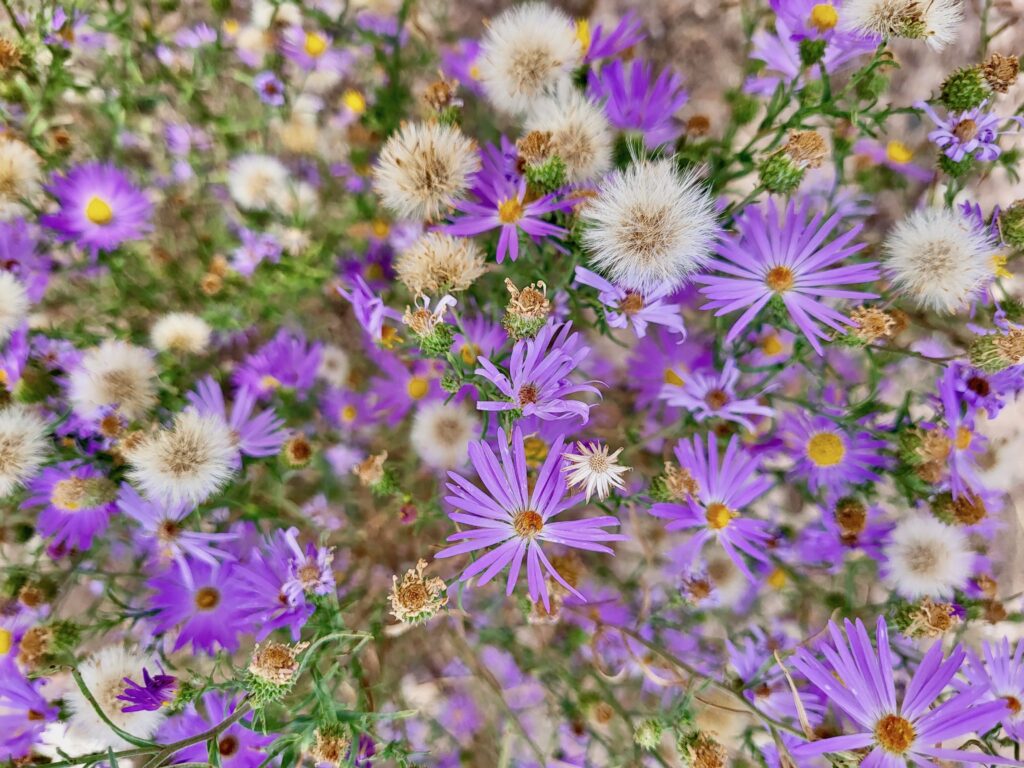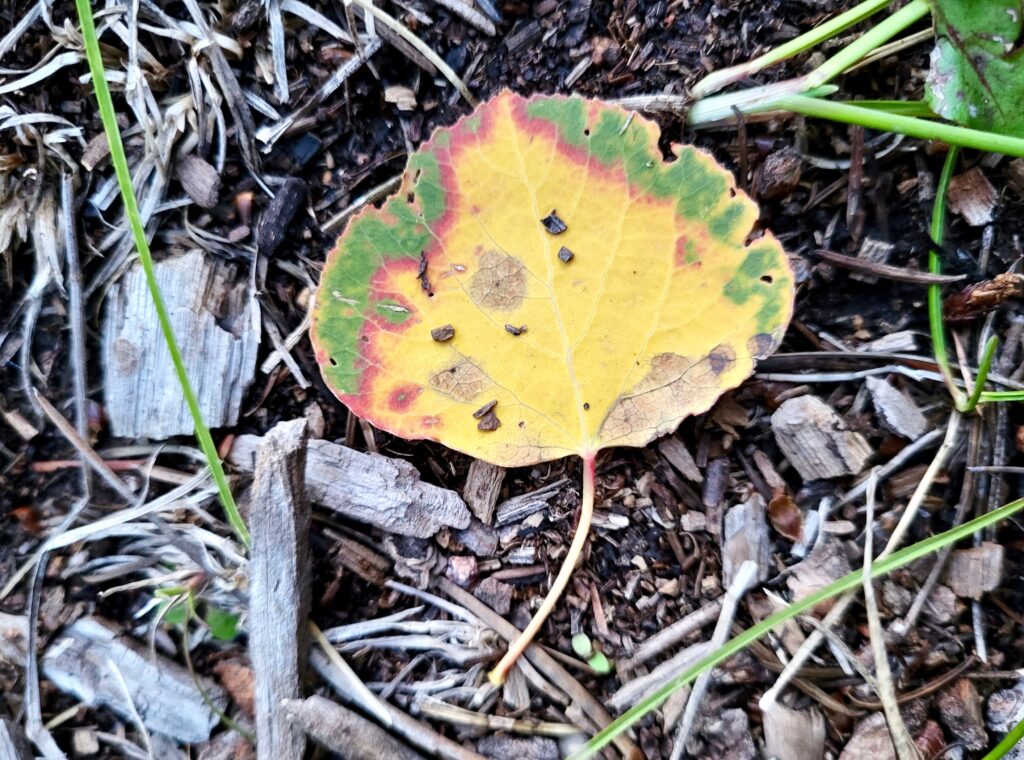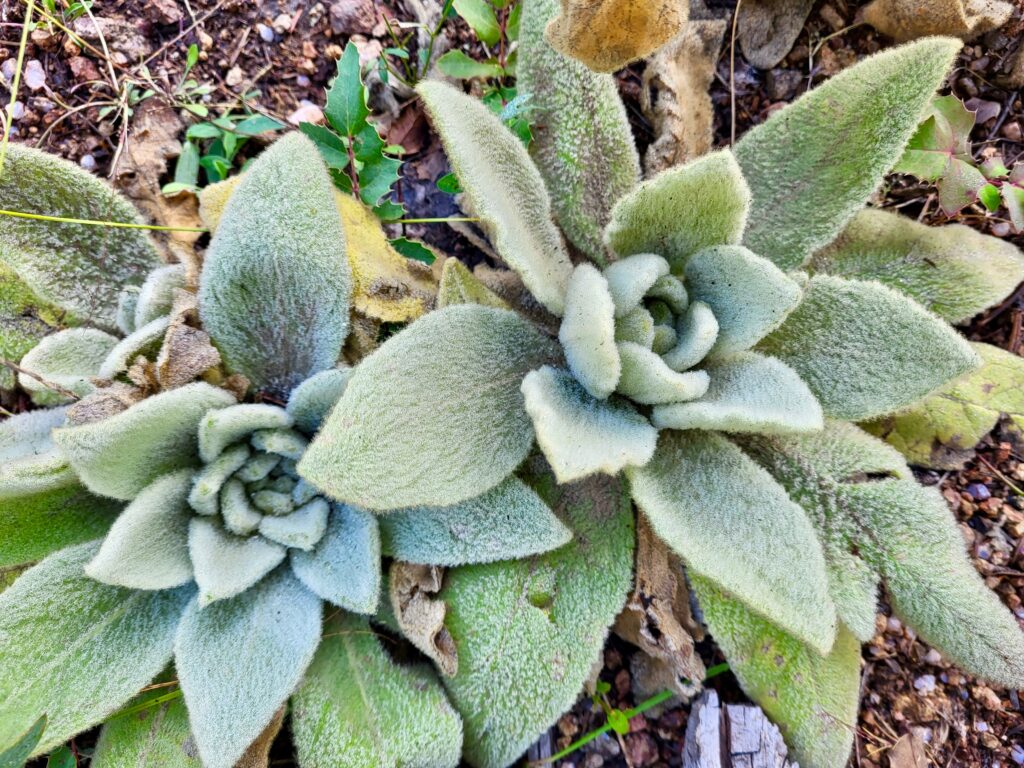What does it mean to love ourselves? If we struggle with self-esteem, how can we find healing? Curious about an answer to that question, I did an internet search on “How to find self-love,” and almost all the tips were about self-care: giving ourselves pleasure, bringing more balance to our lives, meditating, etc. I like this answer, because of course, it’s hard to be nice to someone we don’t like, so our self-care can begin to let ourselves know that we regard ourselves with love.
And, I also found this answer frustrating. I know a lot of people who do a decent job of self-care, and still struggle with various forms of self-loathing. I’ve found I can wrestle with this in myself. Self-care is a good balm — and if we’re not regularly doing it, it’s a necessary first step — but I’m not sure it resolves deep-seated self-unkindness and inner conflict.
There are many sources of this inner conflict, and right now, I am interested in one version which may lay at the root of the struggle for many of us.
Our parents who raised us are our first image of the universe. Usually it’s two people of opposite genders, but whatever your situation — one parent, two parents of the same gender, or even more than two in certain households — these people who actively care for us (or who are very present in their absence, like a deceased parent), are the scaffolding on which we start building our identity. Oh, this is what it’s like to be human. Oh, this is what it’s like to be present to selves.
Enormous joy and life comes from this. Oh, this is what it’s like to be an artist or a scientist. This is what it’s like to sing and to give others happiness and to know peace. We witness the best of our parents, and we take that in for ourselves without even trying.
However, we also take in other aspects of our caregivers. And one of the hardest aspects that we instinctlively take in is the quality of their relationship. Well, not hard at all if our parents were respectful and loving with each other. But if there was intense conflict, betrayal or hurtfulness between them, we start to build aspects of our internal self around that split.
These are the “internalized” (or “introjected”) parents. If we had a mother and a father, it’s the internal mother and father. In any case, those parents live inside of us, and they shape how we understand ourselves and how we connect with the world (or not). If our parents were in conflict, it is almost inevitable we have that conflict, that split, in ourselves. And if our parents disrespected each other, or treated with each other with cruelty or hurtfulness, that cruelty and hurtfulness can come inside us, and we become our own victims. We’ve learned to loath ourselves as our parents seemed to loath each other.
These are difficult truths, but they hold the seeds of healing. In constellations work, many clients who think the main thing they need is a better relationship with one or the other parent, are often surprised that the most healing movement is to see the parents seeing and respecting each other, often for the first time. When we can find meaningful movements that feel true to everyone, finally we can feel the release of the inner conflict, and we can return whatever fueled the conflict between our parents back to them, where it belongs. We can begin to feel our wholeness as the child of these people.
I invite you into a simple image: Can you imagine your parents in front of you, not looking at you, but instead, maybe, looking at each other from a new persepctive. One that, at some level of soul, allows them to recognize their mutual responsibility for choosing the partnership, so that they can turn to you and say “Leave what was between us, with us. It is ours. You didn’t have a choice of parents. Take your life, and leave the rest with us.”
They are right. No one gets to choose their parents. And, it is our birthright to welcome our wholeness, our self, however our self came about. This is the simplicity of self-love, just as we are.
What is your experience of inner conflict, and re-discovering self-love, as you are? Please share on my blog, below.



Leave a Reply